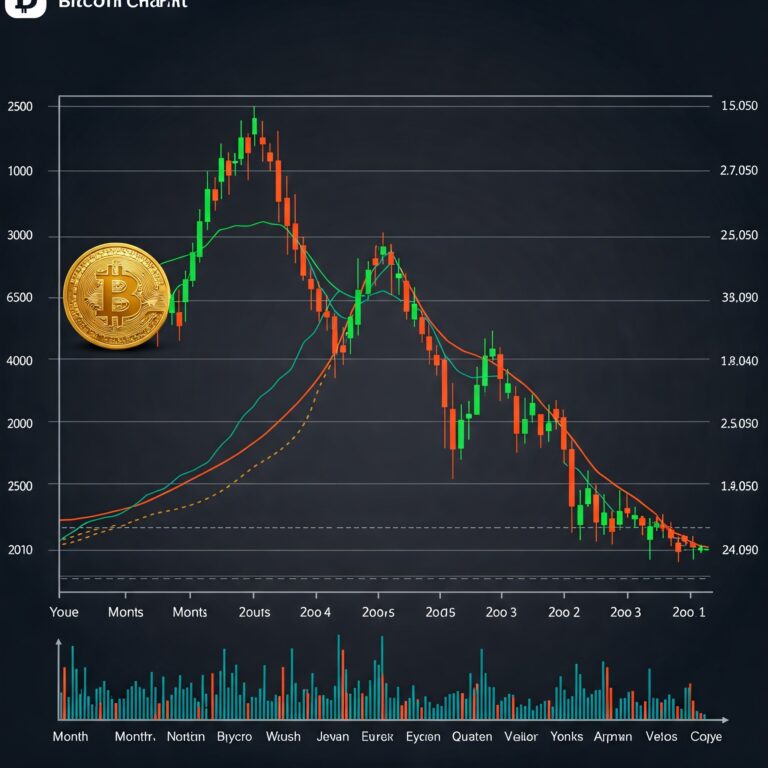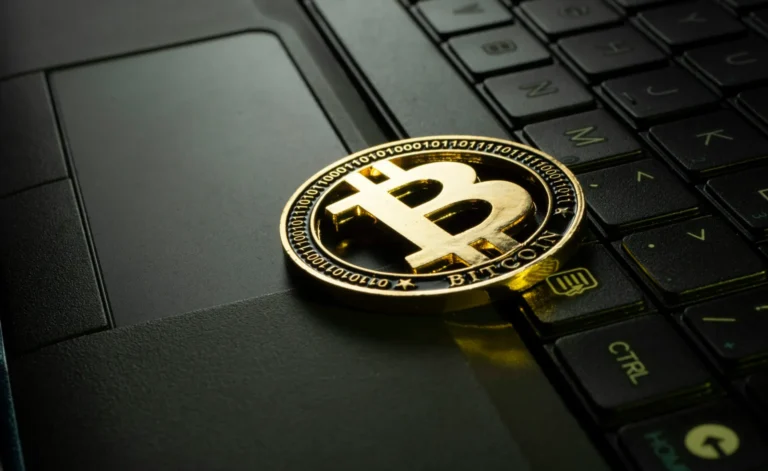Bitcoin (BTC) has captured global attention in recent months, not just for its price movements but also for its growing recognition among policymakers. One of the most notable developments came from President-elect Donald Trump’s announcement about creating a strategic U.S. Bitcoin reserve, akin to the country’s strategic oil reserve. Now, Germany is making headlines as discussions emerge about incorporating Bitcoin into its national reserves.
Germany’s Potential Bitcoin Reserves
Christian Lindner, leader of the Free Democrats (FDP) party and a former German finance minister, has openly supported the idea of leveraging Bitcoin to diversify Germany’s national reserves. According to recent reports, Lindner believes that Germany and the European Central Bank (ECB) should follow the United States’ lead in exploring Bitcoin as a government reserve asset.
Lindner emphasized the resilience that Bitcoin could bring to Germany’s reserves, highlighting the importance of staying competitive in the cryptocurrency space. “We cannot afford to fall behind in this transformative era of digital assets,” Lindner stated, urging Germany to take proactive steps.
A Global Trend Toward Bitcoin Reserves?
Germany isn’t the only country weighing the benefits of adding Bitcoin to its reserves. In Hong Kong, a prominent politician proposed using the nation’s Exchange Fund to purchase and hold Bitcoin. This initiative aims to foster the growth of the cryptocurrency market while building long-term financial resilience.
Other countries, including Russia, Japan, and Poland, have also shown interest in adopting similar strategies. As national governments explore Bitcoin’s potential as a reserve asset, this trend signals an evolving global acceptance of cryptocurrencies in state-level financial systems.
Current Bitcoin Market Performance
Bitcoin’s performance has been a significant driver of these discussions. Earlier this month, the cryptocurrency reached an all-time high of $108,268.45. However, it has since seen a 13% dip and is currently trading at $93,686.68. Despite a 1.35% decline in the past 24 hours, Bitcoin’s overall trajectory remains positive, fueling optimism about its role in global finance.
Conclusion: A Digital Reserve Future?
As discussions about Bitcoin’s inclusion in national reserves gain momentum, Germany stands at a crossroads. With the United States setting a precedent and other countries like Hong Kong exploring similar paths, Germany’s decision could have far-reaching implications for the adoption of digital assets in national and global economies.
The move to incorporate Bitcoin into reserves isn’t just about financial diversification—it’s a step toward embracing the digital future of money. Whether Germany takes the leap remains to be seen, but the growing momentum around this idea signals a transformative era for cryptocurrency in global finance.





